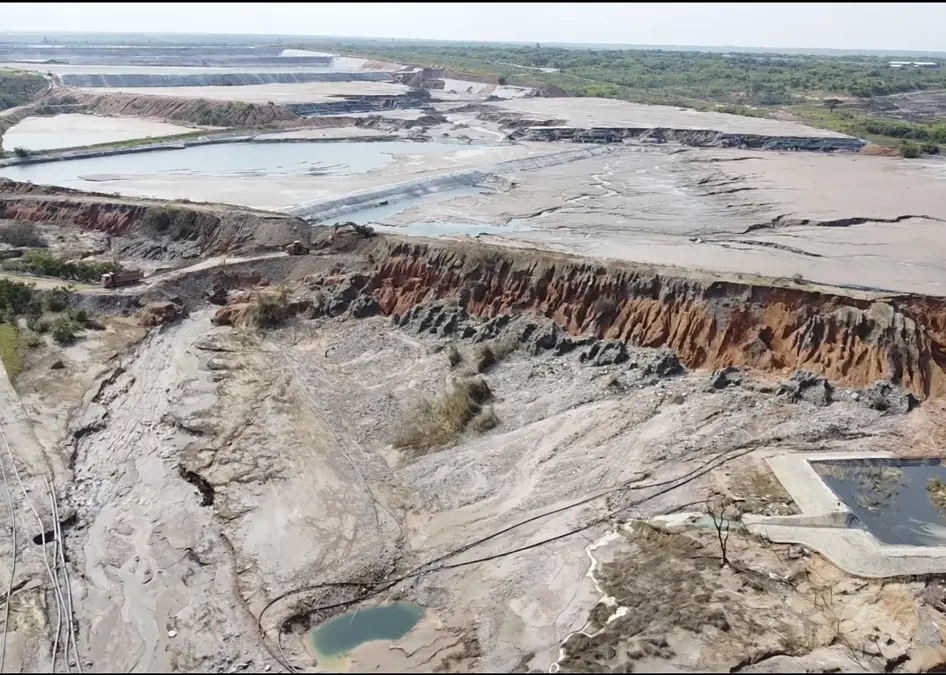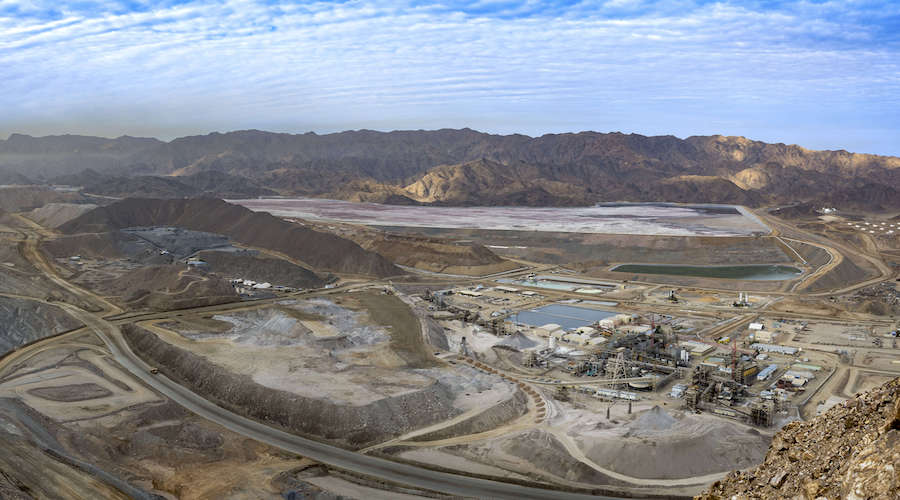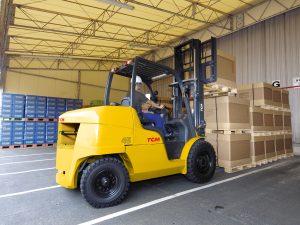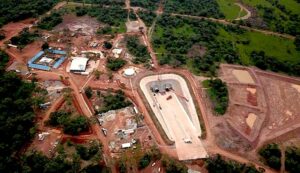Collaboration boosts local mining economy
Specialist vibrating equipment OEM Kwatani is leveraging a recent multi-year service contract at a large mining customer in the Northern Cape to further boost the area’s local economy.
“Our branch near the customer’s mining operation has for many years employed and developed local expertise,” Kim Schoepflin, CEO of Kwatani, says. “Our latest initiative takes this further, by upskilling a local sub-contractor to conduct certain maintenance work on our behalf.”
A lengthy selection process was conducted by Kwatani to find a suitable sub-contractor, followed by ongoing training to empower artisans and other workers with specialised skills. Schoepflin says it was also important to involve the mine itself, so that they remain confident in the strength of their supply chain.
“Promoting local employment, skills and sustainability cannot be a tick-box exercise,” Schoepflin says. “It has to be based on proper engagement, hands-on training and the sub-contractor’s own commitment.”
She warns that mining legislation and regulatory pressure can tempt stakeholders to rush such a process. “This would be a mistake; rather, it should be treated as an opportunity to strengthen the capability of all stakeholders.”
Kwatani’s 35 years of experience in heavy duty minerals applications means that the OEM now has approximately 800 vibrating screens and feeders in the Northern Cape. The maintenance contract is an ideal opportunity to involve and foster the technical capability of local players, she says.
It was vital that the chosen sub-contractor already had considerable experience and capacity, equipment and relevant expertise.
“As a South Africa OEM with our own technologies and intellectual property, we are able to certify the sub-contractor and their quality of work,” Schoepflin says. “Phase 1 of our initiative will see them conducting basic service and maintenance functions.”
Kwatani retains responsibility for all work conducted, and continues with services such as detailed technical inspections, engineering support, on-site testing and diagnosis. It also supplies OEM spare parts, ensuring quality control, increased lifecycle time and reduced downtime.
Schoepflin notes that communities countrywide are eager to see more benefits from economic activity, and the Mining Charter provides clear guidance on how mining companies can contribute to this process. Kwatani’s mining customer is therefore also eager and incentivised to promote local businesses, both directly and through the supply chains of its main local contractors.
She highlights the importance of supporting local firms to build sustainability in the local economy. This also strengthens the skills base for this economy to diversify, making it less dependent on mining and more resilient to commodity cycles and eventual mine closure.
“Our own business is local from the ground up, sourcing 99% of direct purchases from inside South Africa,” she says. “So, we understand the positive role that local procurement and skills development can play.”
It also makes financial sense to root the company’s cost base in Rands, making it less vulnerable to foreign exchange fluctuations and allowing more affordable and consistent pricing.
“Working collaboratively with our mining customers and businesses close to their operations, we can help spread local economic benefits,” she says. “In turn, we can continue to develop our focus on leading-edge technology and quality manufacture.”
Share this content:















Post Comment